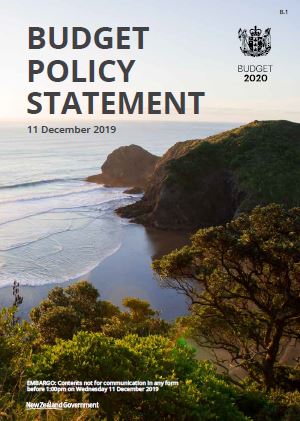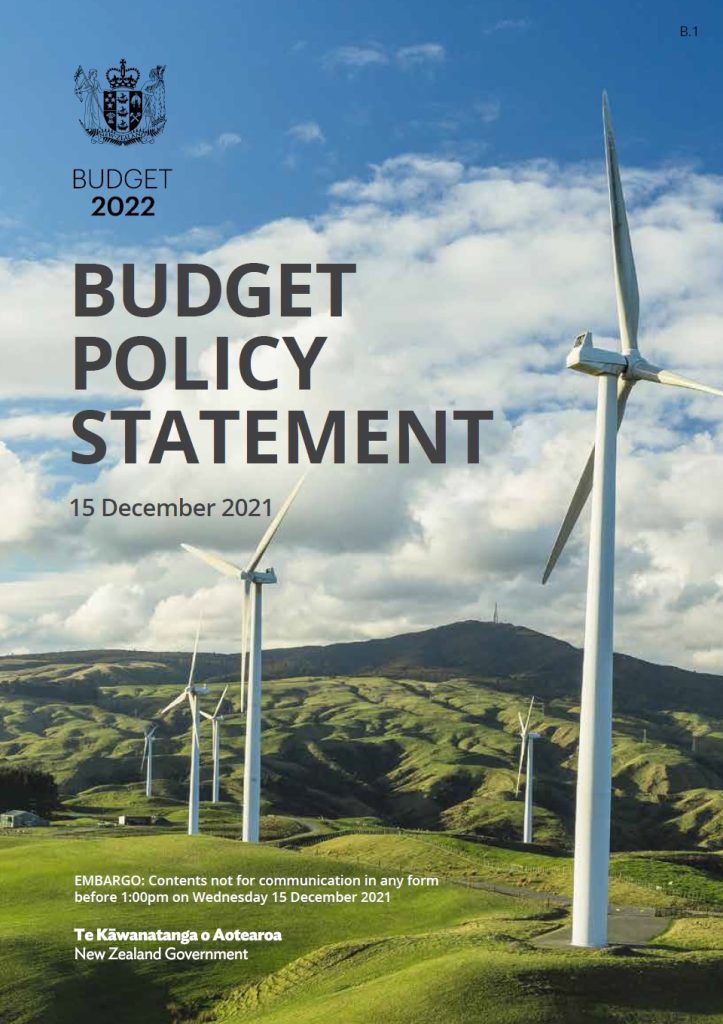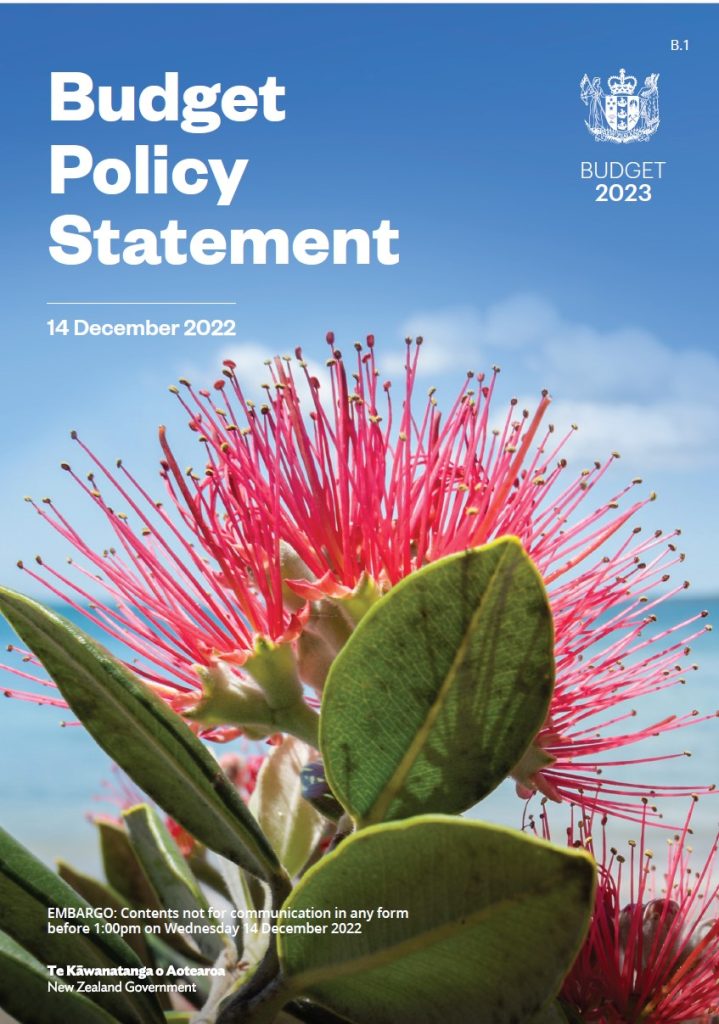Budget Policy Statements
The Budget Policy Statement (BPS) sets out the Government’s priorities for the Budget. It is usually issued in December, before the May Budget the following year.
The 2019 BPS (issued on 13 December 2018) foreshadowed the Coalition Government’s first wellbeing budget. The priorities for Budget 2019 were chosen using the Treasury’s Living Standards Framework (LSF), evidence from sector-based experts and the Government’s Science Advisors, and collaboration among public sector agencies and Ministers. They were focussed on the outcomes New Zealanders want to achieve and all Ministers and agencies would be collectively responsible for delivering the priorities.
With a wellbeing lens, the BPS recognised the importance of significantly reducing loneliness in New Zealand.
“…in … areas as diverse as the quality of our rivers or the levels of loneliness, there is a need for significant improvement.”
2019 Budget Policy Statement
“In general, New Zealand does well on various areas of social capital…This positive story is not necessarily spread across all indicators of social capital, or groups in society. Areas such as loneliness, homelessness and discrimination need improving. In 2016, 17 per cent of New Zealanders reported that they had experienced discrimination in the past 12 months and 17 per cent of New Zealanders felt lonely in the last four weeks.”
2019 Budget Policy Statement
The 2020 BPS (issued on 11 December 2019) does not directly address loneliness, although one of the five Government priorities is physical and mental wellbeing – supporting improved health outcomes for all New Zealanders.
The 2021 BPS (issued on 9 February 2021) reports on wellbeing, with two mentions of loneliness:
“Mental wellbeing measures also show some divergence across different population groups. For example, sole parents were almost three times more likely than the general population to report that they felt lonely most or all of the time, while 18 to 24-year-olds and 25 to 34-year-olds expressed higher mean levels of anxiety than older age groups.”
“Unemployed people reported lower levels of overall life satisfaction, lower mental wellbeing and higher levels of loneliness than the general population. Groups like sole parents also reported lower levels of overall wellbeing and family wellbeing than the general population.”
The 2022 BPS (issued on 15 December 2021) reports on the relationship between New Zealand unemployment and loneliness.
“Despite significant improvement, pre-existing inequities persist, with unemployment rates for young Māori and Pacific workers and young people still twice the rate of that for European New Zealanders and middle-aged workers. Unemployed people have reported lower levels of overall life satisfaction, lower mental wellbeing and higher levels of loneliness than the general population.”
The 2023 BPS (issued on 14 December 2022) continues to recognize that unemployed people have higher rates of loneliness:
“Disabled people and sole parents experience lower average levels of wellbeing across several domains, including incomes and rates of home ownership. Unemployed people also report higher rates of loneliness and lower average levels of life satisfaction. The Government continues to work to lift the wellbeing of all three of these groups.”





